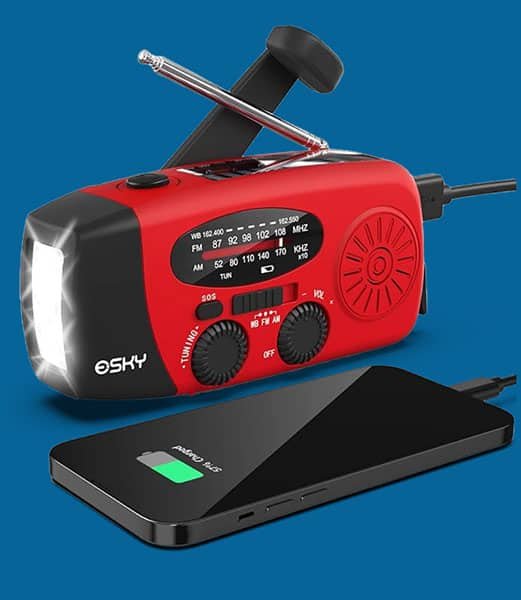Whether you’re a homeowner, potential home buyer, real estate agent or property developer, understanding flood zones is critical when planning your next big move. Knowing your property’s flood zone can help determine its value, flood insurance rates, and the level of risk associated with flooding. In this article, we’ll dive into the concepts of flood zones, their different levels, and their impact on property and development. Let’s start with what flood zones actually are and why they are so essential.
There are two important points to keep in mind. Firstly, a large number of FEMA flood maps are outdated and have not been updated to reflect recent area developments and changes in weather patterns. As a result, the actual risk of flooding in your area could be higher than what the flood maps indicate. It’s important to keep this in mind when assessing your risk level.
In recent years, areas that are designated as low or moderate risk flood zones are experiencing a surge in floods. Unfortunately, homeowners in these locations who did not purchase flood insurance policies are left to foot the bill for damages out of their own pockets. Given that the average flood claim may range from $50,000 to $180,000, many lack savings that could cover these expenses. Consequently, impacted individuals are left with no other option but to apply for loans to finance the repairs, a move that affects their long-term financial wellbeing. It’s worthwhile to invest in insurance coverage as it proves much cheaper than enduring the costs of flood damage.
Understanding flood zones is essential for both property owners and potential buyers. When buying, selling or building a property, it’s crucial to know the associated flood risk. This information directly affects property values, flood insurance rates, and the potential for property damage or even loss of life. For instance, homes in high-risk flood zones usually require flood insurance, which can be costly unless you work with a Flood Nerd. Additionally, homes in these areas could be more likely to suffer damage during storm events or other natural disasters.
The key factors that influence floodplains include geography and climate. Topographical features, such as hills, valleys, and rivers, play a significant role in determining the likelihood of a property being at risk. Additionally, weather patterns, particularly those prone to heavy rainfall or high winds, can increase the possibility of flooding.






